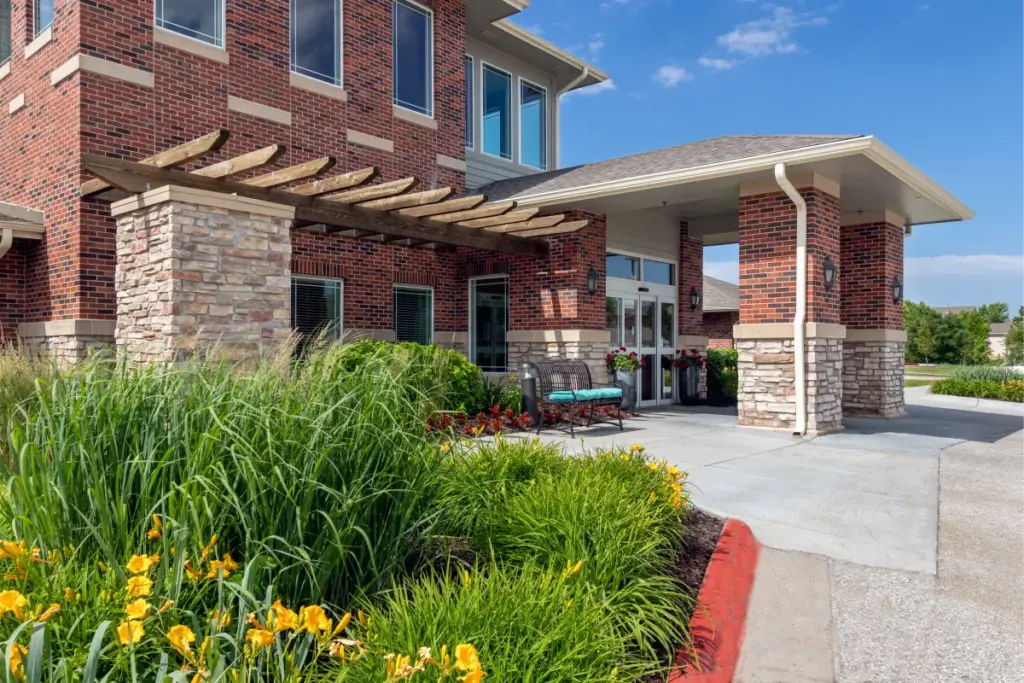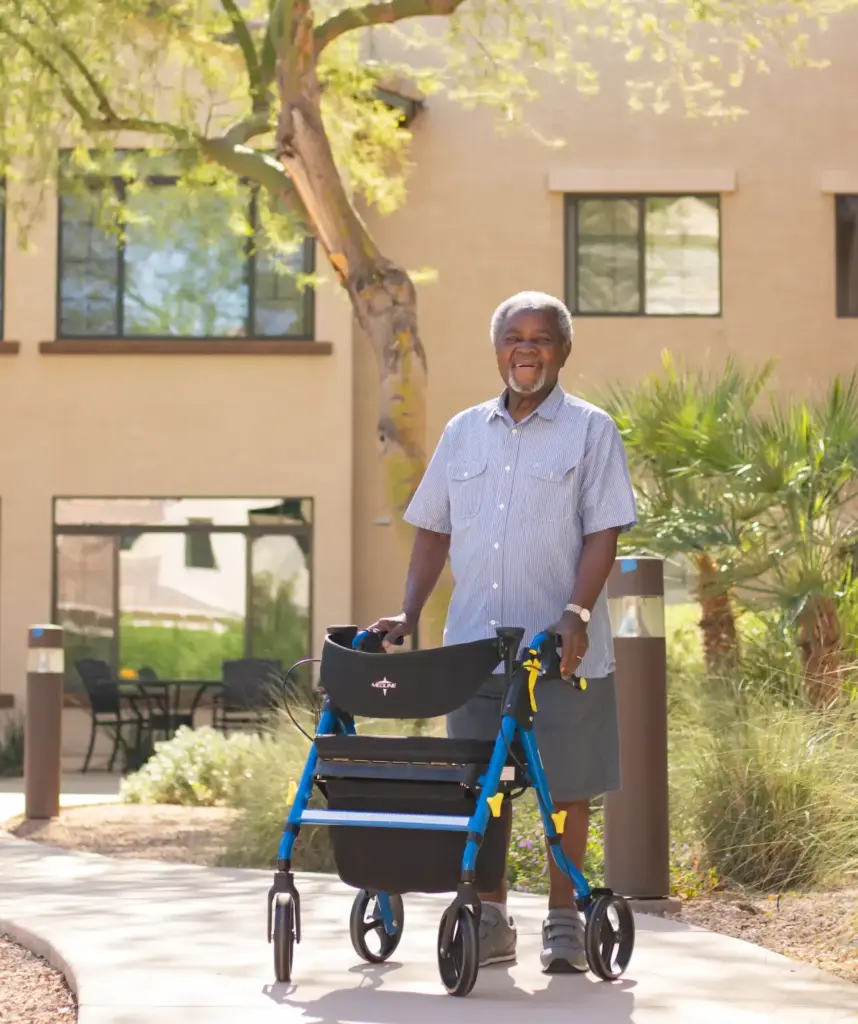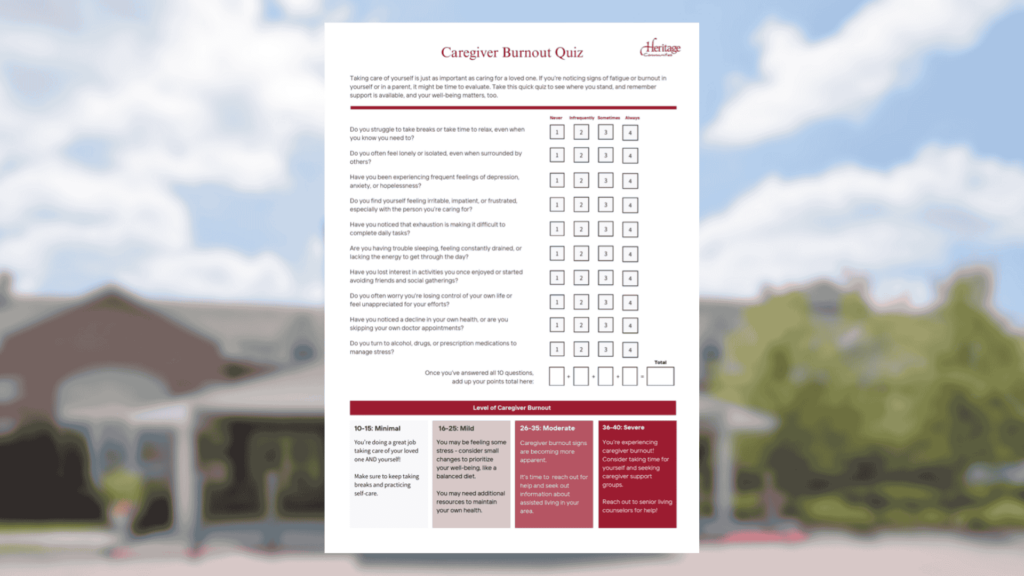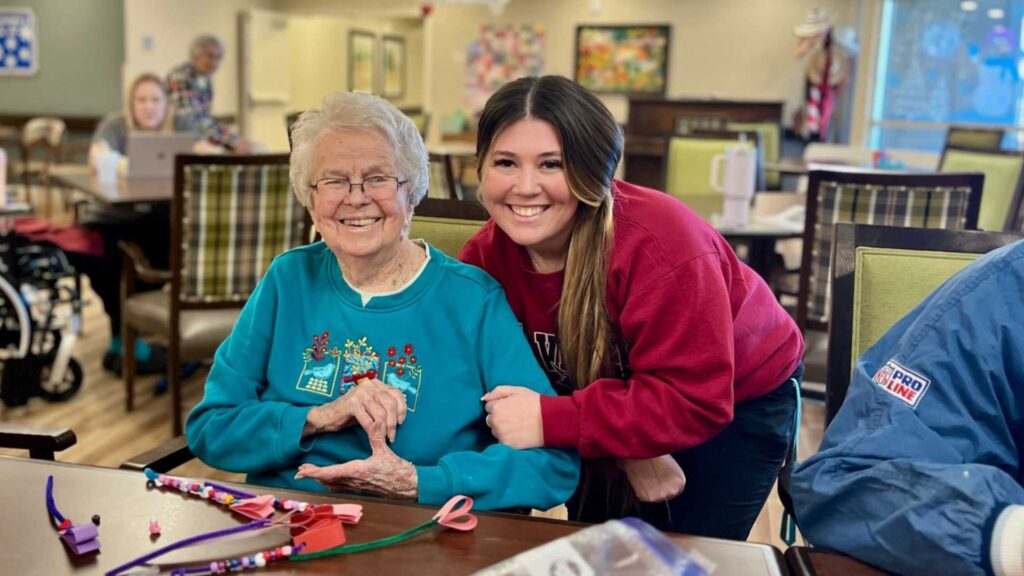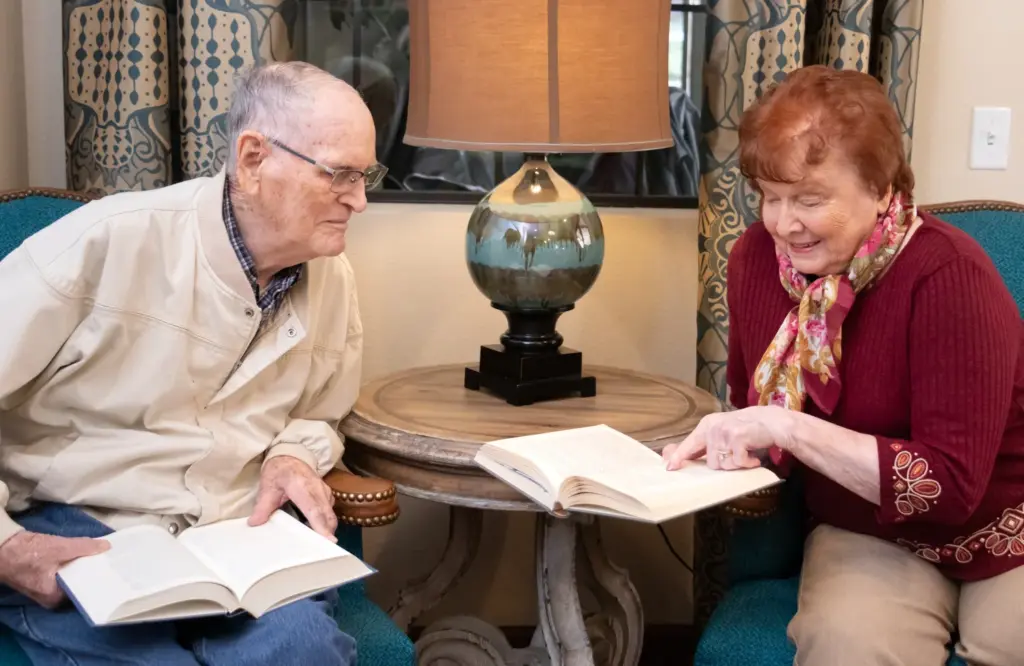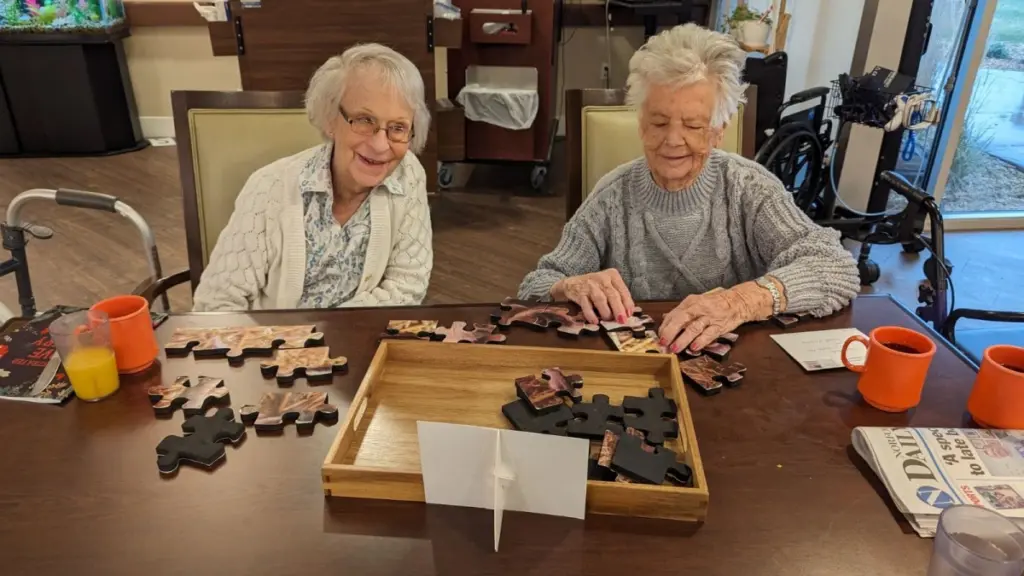Tips for Downsizing Your Home
If you are moving to a smaller home or retirement community, here are downsizing tips on how to work through the emotions as you reduce possessions.

Moving is never easy, especially if you have lived in the same house for many years. The thought of leaving a home filled with memories and possessions can be overwhelming, but it also can be a liberating experience. If you are moving to a smaller home or retirement community, here are our downsizing tips to help you work through the emotions and reduce the number of possessions you have from a houseful to an apartment.
Downsizing your home: Tips to help you prepare yourself
Acknowledge the Emotions
Number one on the list of downsizing tips (and perhaps the most important) is to first acknowledge and accept the emotions that are attached to your possessions and your home. Change can bring up a range of feelings, and it is okay to feel overwhelmed, sad, or anxious.
It is important to take the time to acknowledge and process these emotions so that you can move forward with the process of downsizing. Talk to loved ones, journal, or work with a therapist to express these emotions in a healthy and productive way.
Decide What to Keep
Once you have acknowledged and processed your emotions, it is time to start the process of deciding what to keep. It can be helpful to start with the things that you use or need on a daily basis. These items will likely be the ones that you will take with you to your new home.
For example, you might need your bed, your clothes, your kitchen appliances, and your toiletries. Think about what furniture pieces are essential, and what can be replaced by smaller or more efficient versions.
Download our free guide,
The Family Decision Toolkit
Work on Letting Go When Downsizing Your Home
The next step is to work through the items that you do not need every day but still have an emotional attachment to. This can be the most challenging part of downsizing.
Take the time to go through all of your belongings and categorize them into three groups: keep, donate, or sell. For items that you are not keeping but are still in good condition, consider donating them to a local charity. You also might consider contacting an estate sale company. For items that have sentimental value, consider giving them to family members or friends who will appreciate them as much as you do. You never know, your granddaughter might love having your dresser or antique mirror.
Focus on the Future
Finally, it is essential to focus on the future during the process of downsizing. You may be leaving behind a lot of memories and possessions, but downsizing presents the opportunity to start fresh and create new memories in a smaller home. Remind yourself of all of the benefits of downsizing, such as having less clutter, less maintenance, and more opportunities to live an active lifestyle.
Also, remember that in a senior living community, your residence really extends beyond your walls to include exceptional common areas for socializing, entertaining, dining, exercising, exploring your creative side and more. All the resources you need will be right there.
In conclusion, downsizing can be an emotionally challenging process, but it is important to acknowledge and process those emotions. Start with the essentials, such as the items you need every day, and then work through the items that you have an emotional attachment to. Focus on the future and what you will gain by downsizing, rather than what you are leaving behind. With these downsizing tips, you can reduce the number of possessions you have and move on to a smaller, more manageable home.
From downsizing tips to finding the perfect lifestyle, we are here to help you. Maybe you’re exploring independent living for yourself or have an immediate need of a higher level of care for a loved one. At Heritage Communities, we’re here to connect you to the perfect community and living option. And we’d be happy to discuss more downsizing tips with you.
What do you really want in your retirement life? Download our free guide, The Family Decision Toolkit. Or contact us today to learn more or schedule a tour.


